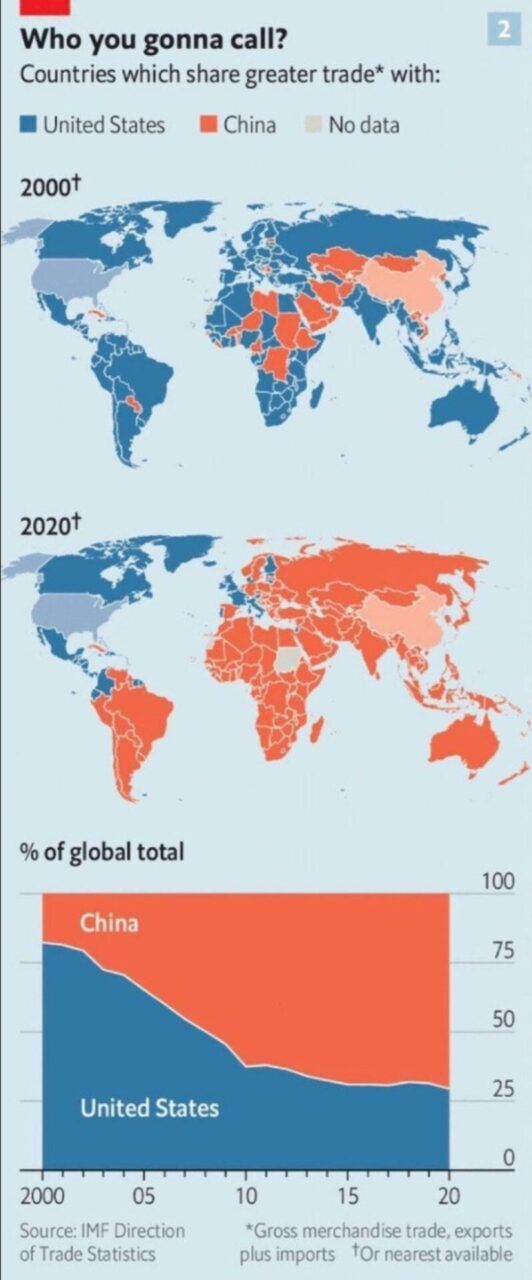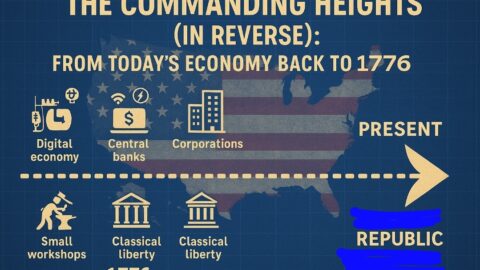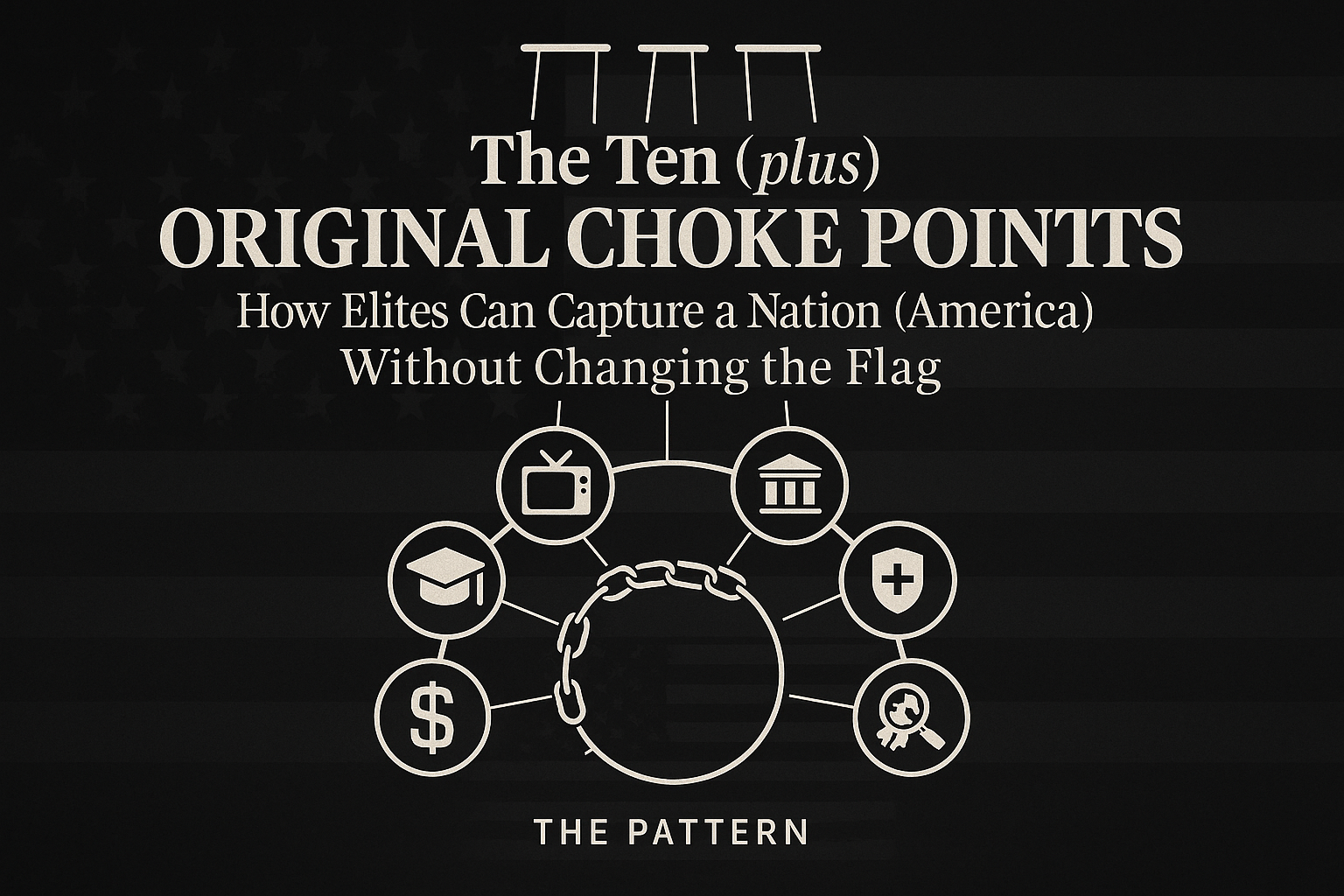Backdrop: The Trade War with China
- The U.S. initiated a trade war with China under the Trump administration starting in 2018.
- The idea was to punish China for unfair trade practices, intellectual property theft, and the massive trade imbalance.
- Tariffs were placed on billions of dollars worth of Chinese goods.
- China retaliated with tariffs of its own against American agricultural products and other exports.
The unintended effect:
The trade war did not achieve the goal of reshaping global manufacturing back to the U.S. Instead, it:
- Raised prices for American consumers (inflationary pressure).
- Hurt American farmers and industries.
- Caused supply chain disruptions.
- Pushed China to accelerate economic diversification — and look elsewhere for partnerships (including Africa).
Africa: The “Open Field” China Entered
While America fought its trade war with China, Africa was largely left wide open:
- No significant U.S. initiatives were made to counter Chinese influence in Africa.
- China heavily invested in African infrastructure, energy, mining, and technology.
- They initiated the Belt and Road Initiative (BRI): a massive $1 trillion+ global infrastructure plan, with Africa being a central piece.
Africa became:
- A major supplier of raw materials to China (cobalt, lithium, copper, etc.).
- A major market for Chinese technology (Huawei, Alibaba, TikTok, etc.).
- A host for Chinese-funded roads, bridges, ports, and railways (debt-trap diplomacy in some cases).
By 2023, China had become Africa’s biggest trading partner, surpassing the U.S. and Europe by a wide margin.
The Rise of China’s Internal Economy
- Simultaneously, China massively invested inside its own borders:
- Building smart cities.
- Advancing domestic tech companies (Huawei, BYD, Alibaba, Tencent).
- Creating new manufacturing bases away from the coast (to inland cities).
- New middle class:
- Tens of millions of new Chinese middle-class citizens were created.
- China now has more millionaires than the U.S. in some metrics (number, not necessarily total wealth).
- Result:
- More domestic consumption (i.e., China doesn’t have to rely only on exports anymore).
- More political stability internally by raising living standards.
The Winners and the Losers
Who lost?
- The American middle and working classes:
- Higher prices due to tariffs.
- Outsourced jobs stayed outsourced (many simply moved to Vietnam, Mexico, and India—not back to the U.S.).
- Small and medium businesses in the U.S. who relied on cheap Chinese goods or exports to China.
Who won?
- The global overlords: multinational corporations adapted and made profits elsewhere.
- China’s Communist Party: expanded control over emerging markets and Africa.
- African elites and crime lords:
- Many African governments and elites made personal fortunes by allowing Chinese investments, often at the expense of local populations.
- Human rights abuses tied to Chinese mining and labor practices have been widespread.
Was This a Planned Outcome?
There’s strong evidence (both accidental and intentional):
- Accidental: Short-term focus by American policymakers prioritized immediate political victories over long-term strategic goals.
- Intentional: Some global financial and corporate interests profit by keeping manufacturing cheap overseas and globalism intact.
- Shifting influence away from U.S. sovereignty toward global governance and multinational control.
In short:
- The American people paid the price.
- The global elite and China benefited.
- Africa shifted dramatically into China’s orbit.

Summary
| America | China | |
|---|---|---|
| Trade War | Hurts domestic economy | Stimulates diversification |
| Africa | No serious engagement | $1 trillion investment, dominance |
| Middle Class | Shrinking | Growing rapidly |
| Global Power | Declining | Ascending |
Final Thought
This was a massive historical shift — one disguised in political rhetoric but with real-world consequences that are still unfolding.
China and its allies (including Africa) are positioning themselves as the next center of global power, while America’s middle class continues to erode unless serious political and economic restructuring takes place.







